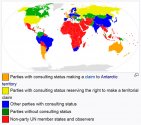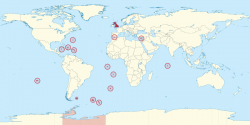Time for Putin to share with Xi what jokes Biden said to him in order to get Russia afraid of China
Top of the list is surely going to be the Chinese using aircraft carriers to invade Russia
US probably pitched to Russia that Peak Oil means not only is it now global zero sum, but its an ever shrinking zero sum with the Pie actually getting smaller as the world also gets closer and more crowded....
Peak Oil, Resource Depletion, deminishing EROEI and the long term implications for the continued development of China...
Moore's Law is still relevant. The transistor density keeps increasing. The rate of growth isn't constant. It was higher a couple decades back but the rate wasn't always that fast either. Just look at the chart. The rate of density growth in the 1970s and 1980s was roughly similar to the past...
www.sinodefenceforum.com
Since China GDP PPP has surpassed America then in terms of needing to get rid of one of the "big eaters" (and US is not going to volunteer itself) the backroom deal/pitch was probably gets agree to knock out China (US and Russia both do surprise full scale nuclear attack on China) so then we can share the spoils and once China is out of the equation that will give the entire world another 3 decades of Peak Energy mitigation to try to tech out and solve the energy and climate issues with the US remaining as the global hegemon and Russia as the second in command....




